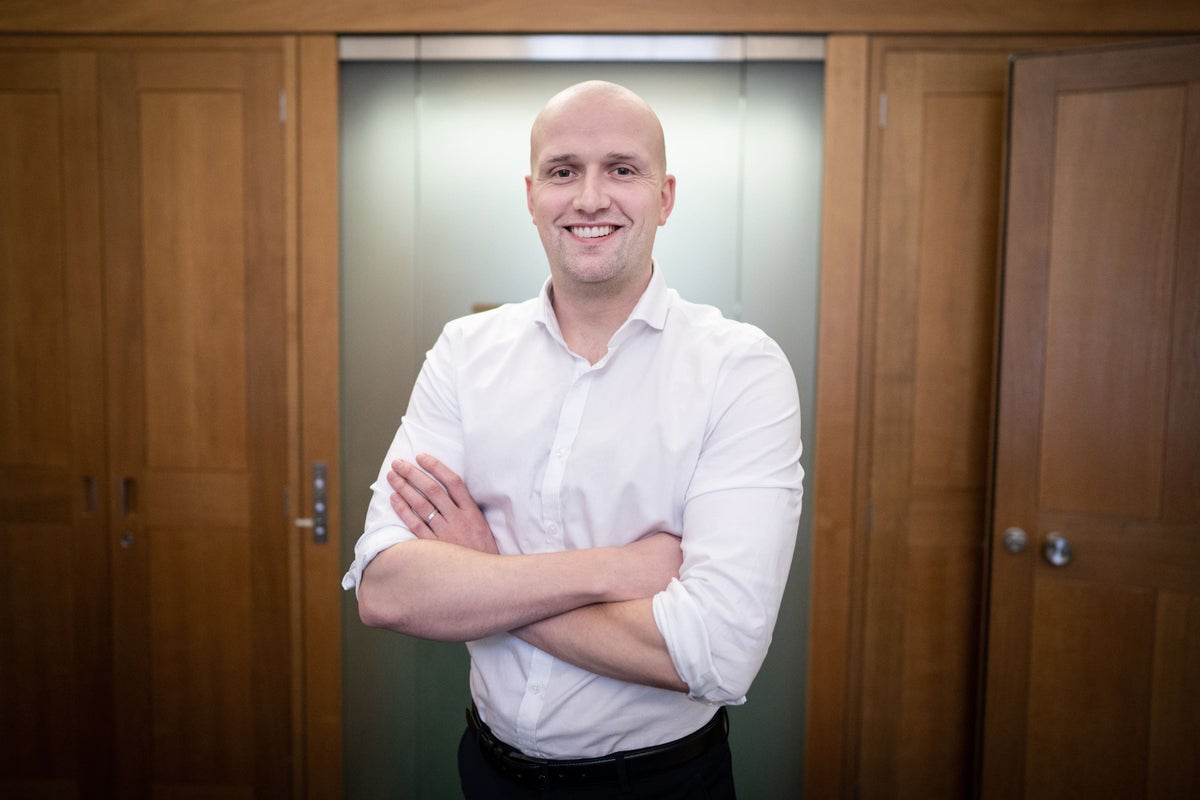
SNP Westminster leader Stephen Flynn has written to the head of the civil service raising concerns that the UK Government is “exerting ever tighter control on Scotland’s national democratic institutions”.
With Mr Flynn insisting that Westminster is seeking to “stop the Scottish Government from carrying out the work it was elected to do” with regards to a second independence referendum, he wrote to Simon Case, the Cabinet Secretary and head of the Civil Service.
It comes in the wake of comments from Mr Case that that civil servants in Scotland could be issued with new guidance on this within “weeks”.
Meanwhile, Scottish Government spending on independence minister as part of Jamie Hepburn’s portfolio is being investigated by the advocate general for Scotland, Lord Stewart, the UK Government’s top adviser on Scots law.
Mr Flynn, however, stressed the “democratic decision” made by Scots in the 2021 Holyrood election, which he said resulted in a “clear majority in favour of independence”.
As a result, he said he was seeking “clarification” from Mr Case over Scottish Government work promoting independence.
The SNP MP said that the UK Government was “clearly active in attempts to counter pro-independence arguments”, noting that a so-called Union hub had been established by senior Tory minister Michael Gove.
Mr Flynn added that a Union Strategy Committee, chaired by the Prime Minister, had also been established and that there had been a “large increase in the communications budget of the Scotland Office, which has become increasingly assertive in its anti-independence stance”.
Attempts are now being made not only to deny people in Scotland the right to decide their own future, but to stop the Scottish Government from carrying out the work it was elected to do— Stephen Flynn, SNP Westminster leader
The SNP Westminster leader continued: “I assume there are various other initiatives in Whitehall to support the UK Government’s policy position in favour of the Union. I have no argument with that.
“But I struggle to see why that work is deemed impartial but Scottish Government work on independence is not.”
Mr Flynn said: “The fact that attempts are now being made not only to deny people in Scotland the right to decide their own future, but to stop the Scottish Government from carrying out the work it was elected to do, will reinforce the sense that Westminster is not interested in working in partnership but is only concerned with exerting ever tighter control on Scotland’s national democratic institutions.”
While the UK is “supposed to be a partnership of equal nations” the SNP Westminster leader added that “many people in Scotland now believe the UK is no longer an equal partnership because of the actions of the UK Government”, which he accused of “denying the clear mandate given by the people in Scotland for a referendum on independence”.
But giving evidence to the House of Lords Constitution Committee recently, Mr Case said that having civil servants working to “break up the United Kingdom” would be “unusual and worrying”.







